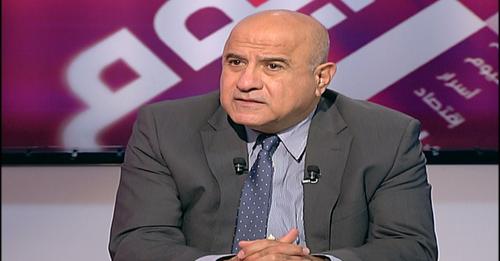شارل الياس شرتوني: الحروب الأهلية الإقليمية وتفكك لبنان
The Regional Civil Wars and the Unraveling of Lebanon
Charles Elias Chartouni/November 02/2021
The tumult elicited by the inopportune statement of the information minister is reflective of the revived political tensions between the mutating Sunnite-Shiite power rivalries throughout the larger Middle East, their impact on tattered State textures, bankrupted national scripts and shredded civil concord. The current wave of Iranian imperialism is vocal about the politics of destabilization, the gradual destruction of the interstate geopolitical order born after WWI, and the reconfiguration of Islamic politics as a platform for political and military interventionism. Lebanon’s actual conflicts are unlikely to be understood if we fail to come to terms with these inner dynamics and their incidence on regional and topical conflicts.The Lebanese operational theater has evolved into a proxy terrain instrumentalized by the protagonists of Islamic civil wars. The policy of deliberate aggression followed by Hezbollah and its auxiliaries has elicited major geopolitical realignments pitting the leading Sunnite power brokers in the Middle East against the progressive inroads of the Iranian imperial policy, resuscitated the imperial ambitions of neo-ottoman islamism, and energized the totalitarian proclivities of Sunnite radicalism.






















